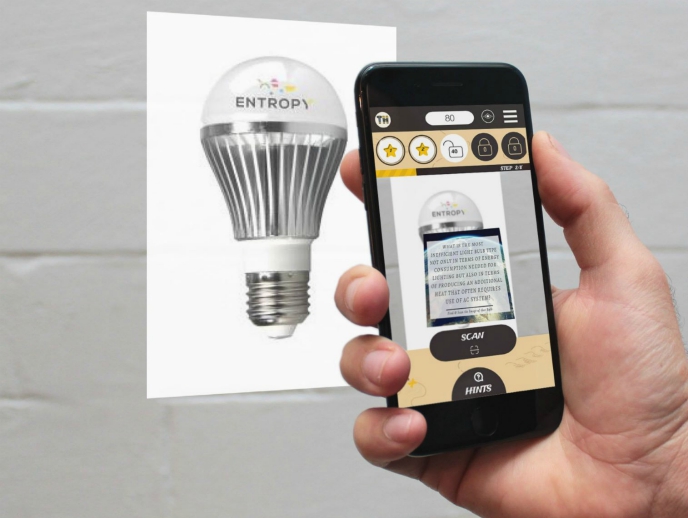Preservation of digital cultural heritage through the Semantic Web
As the internet continues to grow and play an ever-more important role in society, it is pivotal to promote better archiving and access of digital material through the Semantic Web. Preserving our heritage digitally is one important endeavour in this respect. The EU-funded PRODIMA(opens in new window) (PRODIMA: Probabilistic data and information integration with provenance management) project worked towards achieving this aim. In technical terms, researchers worked on integrating provenance-based probabilistic information into the Semantic Web. They improved knowledge on scalable probabilistic information integration by investigating existential rules of the Datalog+/- family as a mapping language for data exchange on the Web. In addition, the team developed an approach for probabilistic ontological data exchange and outlined the challenges of identifying a probabilistic solution for different classes of existential rules. The work also involved looking at three annotations with probabilistic provenance events to further probabilistic ontological data exchange. This included investigating characteristics of uncertain provenance, to be used for probabilistic information integration during the reasoning process. Moreover, PRODIMA created a new approach for mapping debugging and studied provenance-based reasoning with preferences in the social Web, underlining ways for scalable query answering in this context. Put more simply, the team found a viable way to deal meaningfully with huge amounts of distributed and independently created data on the Web and in other environments. This ultimately helps provide faster, better and easier intelligent access to information or integrated information, contributing to the creation of profitable business solutions. The progress achieved in provenance-led concepts is slated to benefit digital preservation and scientific data management, improving as well the organisation of archival records. It is expected to lead to much better digital preservation strategies and digital archives. The safeguarding of digital cultural heritage and access to related information will become easier and more accessible thanks to the results of this project.







